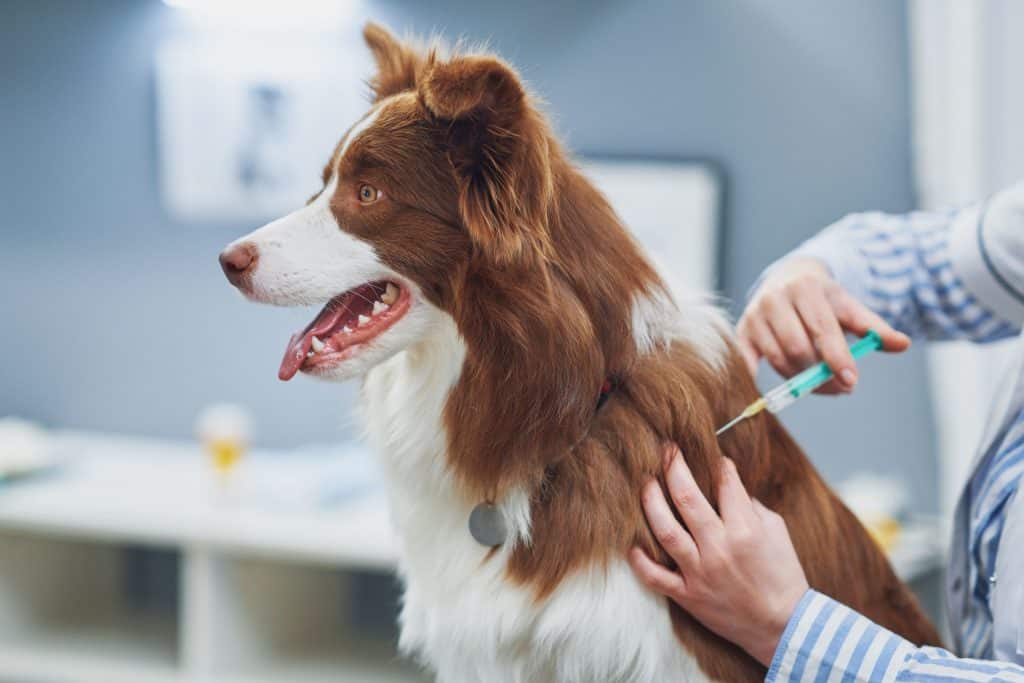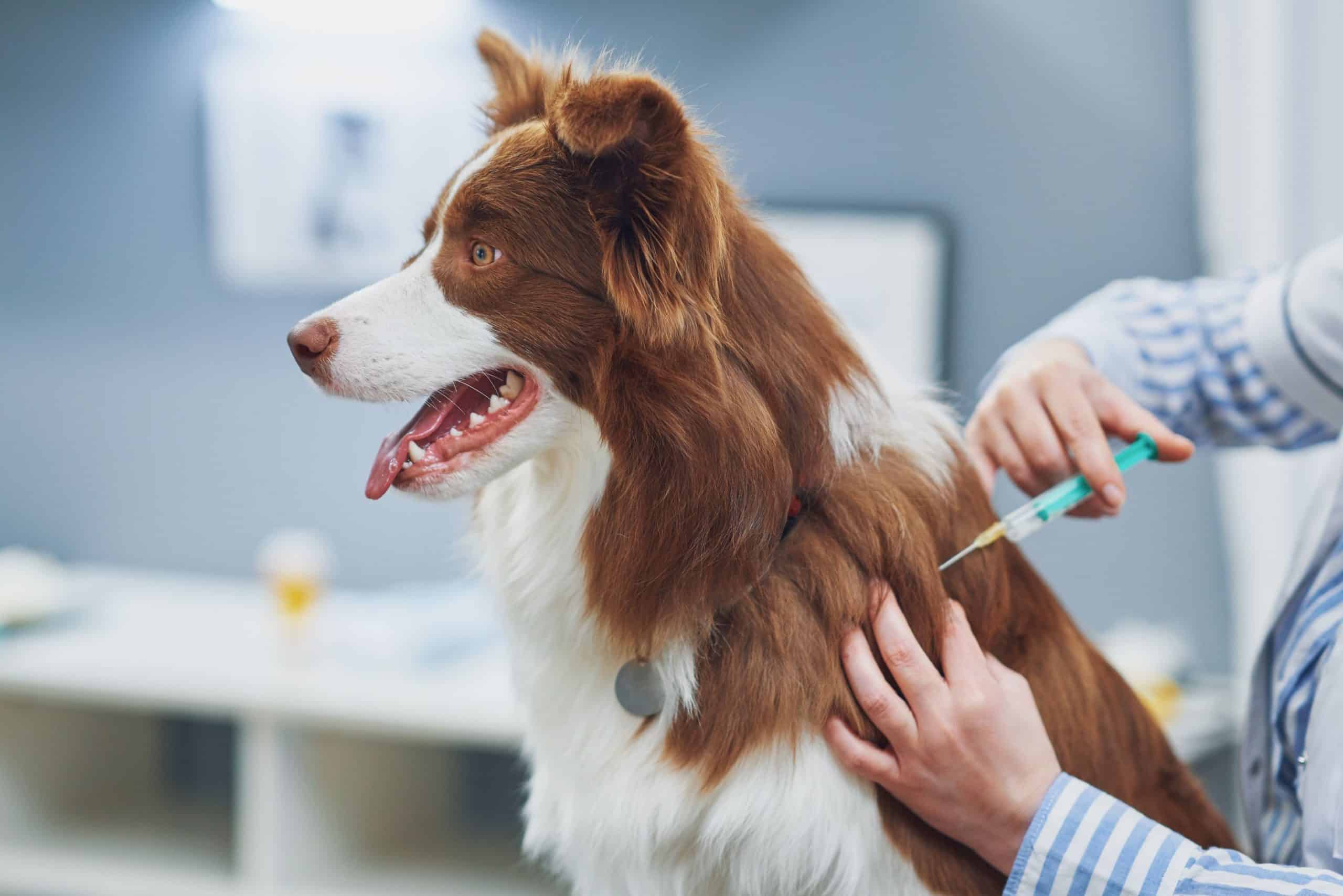What is Lepto and Why Should My Dog be Vaccinated?

Leptospirosis is an unpredictable disease caused by leptospira bacteria. These bacteria hide out in wild animals, bodies of water, and soil. While lepto is more common in warm areas with lots of rainfall (like, ahem, Hawai’i!) it can pop up anywhere. Do you have feral cats that roam through your backyard? They almost certainly pee in your grass and soil, and most likely leave you a little gift of lepto.
Read on to find out why our team at the Kaua’i North Shore Animal Clinic recommends getting the leptospirosis vaccine for your dog.
A Potentially Serious Pet Bacterial Infection
Some dogs indeed get leptospirosis without ever showing a single symptom. Others get a mild case of the disease before bouncing back to picture-perfect health. But many dogs can get seriously ill from leptospirosis. It can cause kidney failure, liver failure, lung disease, bleeding disorders, and edema in dogs.
The list of symptoms is enough to make any pup-parent shudder:
- Blood-tinged vomit
- Nosebleeds
- Jaundice
- Diarrhea
- Loss of appetite
- Fever
- Shivering
- Eye inflammation
- Difficulty breathing
- Swelling in legs, chest, or abdomen
Lepto diagnosis can involve a plethora of diagnostic tools, like a physical exam, blood tests, X-rays, urine tests, and ultrasounds. Once we know that we’re dealing with a leptospirosis case, all we can do is provide the best supportive care possible. This usually means antibiotics, IV fluid therapy, and pain management.
Even with the best treatment, dogs can still die from lepto or live with lasting organ damage. We should also point out that leptospirosis is a zoonotic disease, which means you can contract it from your dog. The only way to protect against serious illness and lepto transmission is to give your dog the leptospirosis vaccine.
The Lepto Vaccine
Dogs get lepto when:
- The bacteria come into contact with their mucous membranes—a.k.a., their mouth
- Infected urine or contaminated water from a puddle finds its way into a scrape or wound
- An infected mother dog passes lepto on to her babies
- A dog eats an infected roadkill or carcass snack while out on an adventure
- A dog breeds with another dog who’s infected with lepto
Since lepto can literally be anywhere, it’s not hard for dogs to get infected. And because we live in a humid, warm, and rainy climate here in Kaua’i, we recommend that all of our canine patients get a yearly lepto vaccine. The vaccine protects your pup against the most common strains of lepto for about 12 months. According to the American Veterinary Medical Association (AVMA), the vaccine plays a significant role in preventing serious cases of lepto.
If it’s been a while since your dog’s last lepto shot, request an appointment online to schedule a wellness visit. We can provide the lepto vaccine and discuss other things you can do to minimize your pup’s risk of this nasty disease.



